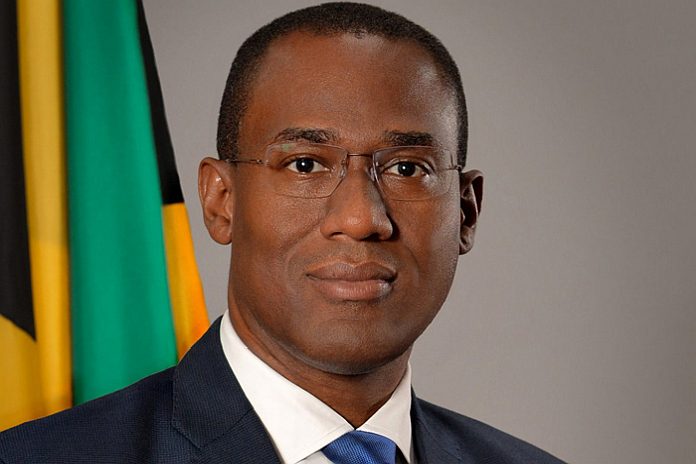By Latonya Linton
KINGSTON, Jamaica, (JIS) – The government will be increasing its budgetary spending by approximately $25.8 billion during the current fiscal year. This increases the overall expenditure to $893 billion.
The information is contained in the second supplementary estimates for the 2021/22 fiscal year, which was tabled by minister of finance and the public service, Dr Nigel Clarke, in the House of Representatives on January 11, 2022.
The increased allocation is only on recurrent expenditure, as capital remains at the level of the first supplementary, with some reallocation between projects.
In his remarks, Dr Clarke said at the point of the first supplementary estimates, there were no final settlements with any of the public-sector bargaining groups and as such, the government’s offer for increases in wages and salaries was captured under the contingencies activity of the ministry of finance and the public service. Finance minister Dr Clarke informed that since [then] 31 bargaining groups have settled.
“Herein lies the primary reason for the second supplementary estimates during this fiscal year. Appropriate authorisation of these payments by ministries, departments and agencies (MDAs) requires that the relevant allocations be made under the MDA heads, thus the need for the second supplementary estimates,” Dr Clarke explained.
The minister further noted that the first supplementary estimates allocated an additional $5 billion to the COVID Allocation of Resources for Employees (CARE) component of the SERVE Jamaica Programme, given the continuing impact of the COVID-19 pandemic, which was also captured under the contingencies activity of the ministry of finance and the public service.
“This amount also needs to be appropriately allocated to the implementing MDAs, and this is being done through the second supplementary estimates,” Dr Clarke said. In addition, the premium for catastrophe Bond issued earlier in the year was not fully captured on the budget and this is being addressed under the second supplementary estimate.
The Bond premium is covered by grants from the governments of the United Kingdom, Germany and the United States. Also, within the context of the continuing impact of COVID-19, the government facilitated a special employment programme in December 2021 to assist some of those most vulnerable to the economic impact of the pandemic.
“This required additional funding and regularisation through the second supplementary estimates. The health sector continues to incur significant levels of expenditure for compensation, given the extended hours being worked and have again indicated a shortfall on this year’s allocation. We have sought to address this in the second supplementary estimates,” Dr Clarke said.
Domestic interest rates have increased, also, and the currency has depreciated, resulting in increases in the debt service requirements. In addition, assistance has also had to be extended to the National Water Commission and the Central Wastewater Treatment Company to facilitate the repayment of maturing guaranteed debt.
“There are a number of other expenses that we are seeking to address through this supplementary, such as additional requirements for the ministry of national security and the police, support to the National Solid Waste Management Authority and bank charges related to operations of the programme of advancement through health and education,” Dr Clarke said.
The $25.8 billion in additional expenditure is comprised of $8.2 billion for non-debt recurrent expenditure, and $17.6 billion for debt service, of which $12.6 billion represents principal repayment. The additional expenditure will be financed through $11.2 billion in additional revenue flows, $5.3 billion in additional loan receipts and utilisation of an additional $9.2 billion from prior year cash resources.
The public administration and appropriations committee examined the revised budget on January 12, 2022.





